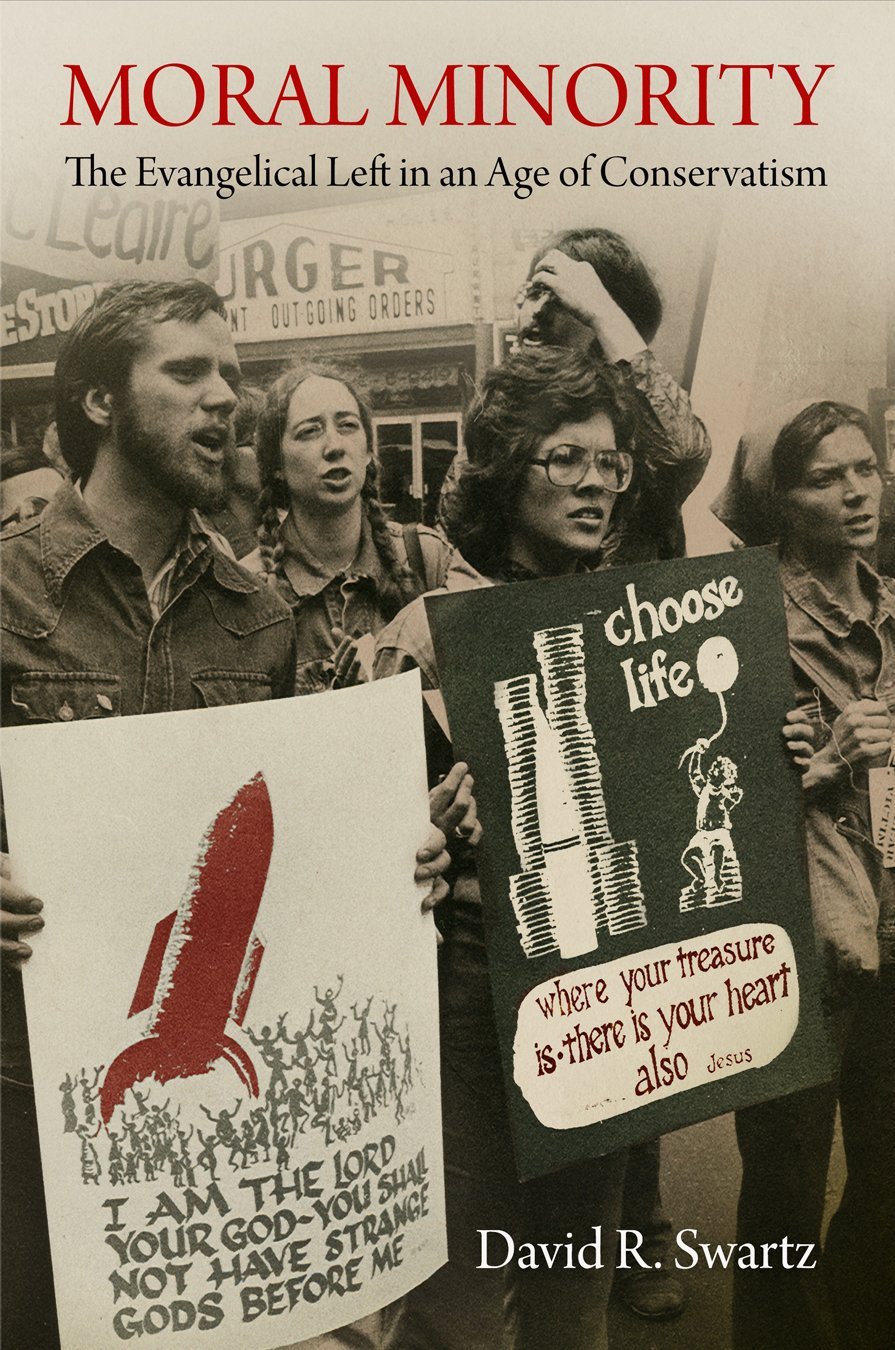Moral Minority
Back in 2008, I had a memorable conversation with a prominent leader of the Evangelical Left. He’d just returned to the east coast from Denver, where then-senator Barack Obama had officially been nominated as the Democratic Party’s candidate for president. Over the years I had come to respect this Christian leader for his advocacy on behalf of the poor and marginalized, and because he’d never shied away from preaching the gospel. But I wondered about his close (and seemingly unquestioning) alignment with the Democratic Party.
Knowing he had been critical of the ways the Religious Right had overextended itself in American politics, I pushed him a little bit, asking what assurance he had that the Evangelical Left, given the opportunity, wouldn’t proceed to make all the same mistakes. As a man who had never been short on words, his reply was telling – he said, in effect, that he wasn’t sure.
I distrust the Evangelical Left for the same reason I distrust the Religious Right. The main reason for this distrust is that whenever a group of Christians aligns itself so completely with one political party that it becomes unwilling or unable to voice critique, it forfeits its capacity to be prophetic and instead becomes a pawn. The Christian leaders whose politics I most respect are those who are willing to deviate from the party line when the party line clearly deviates from the dictates of the faith. This goes for politicians, pundits, and ordinary citizens alike. A little nuance and humility go a long way.
Earlier this month, when I put together a list of my favorite books from 2012, you may recall that I included Moral Minority: The Evangelical Left in an Age of Conservatism (Penn Press) by David Swartz, a history professor at Asbury University. I wasn’t the only one who liked it. The New York Times praised it as “a vivid topography of a little-understood corner of evangelical thought.” Christianity Today gave it five stars, writing, “Swartz gives a richly textured narrative of some of evangelicalism’s brightest thinkers, most creative activists, and most controversial provocateurs.” And Scot McKnight named it the book of the year.
When I first heard about the book, I was intrigued. But I have to admit I was also skeptical. I was intrigued because I’m fascinated by a lot of the main characters in its pages, people like Ron Sider, John Perkins, René Padilla, Samuel Escobar, Carl Henry, and Rich Mouw, and I have an ongoing interest in the relationship between faith and politics. But I was skeptical, at the same time, for all the reasons I mentioned a moment ago.
What I found when I dug into the book, however, was a carefully researched and exceptionally written work of history about a really fascinating period in time. Swartz compellingly shows that while the rise of the Religious Right is now often considered something that was always bound to happen, the political leanings of evangelicals in the 1970s were far more up in the air. Further, he argues that progressive evangelical activists laid the very groundwork for political engagement that the Religious Right soon employed for their own far different agenda.
The focal point of the book takes place at the YMCA in Chicago, Thanksgiving 1973, where a group of evangelicals with progressive politics gathered to forge a consensus about social concern, confessing a failure to truly address injustices, and pledging to change course. The first section of the book introduces the main characters, who in various ways and with myriad emphases, represented an evangelical concern for social justice. The second section shows how they emerged as a coalition leading up to the Chicago workshop, and the final section shows how the coalition unraveled, receding into relative obscurity coinciding with the meteoric rise of the Religious Right.
Whatever your political leanings, I think you’ll find this to be a truly fascinating book with plenty of lessons for our time. Most importantly, perhaps, is the reminder that evangelicals are not, and never have been, a monolithic voting bloc:
The many ways evangelicals read the Bible every day do not fit comfortably within the American electoral system. For instance, researchers found that evangelicals who read the Bible every day are more likely to favor more humane treatment of criminals, to be more concerned about issues of poverty and conservation, and to oppose same-sex marriage and legalized abortion more than evangelicals who do not consistently read Scripture. Evangelicals, anticonfessional and revivalist in sensibility, are more religiously and politically creative than the electoral structures that try to contain them. The flexible, fragmented nature of evangelicalism itself, then, helps explain the convoluted political history of the movement.
It stands to reason, I might add, that the fragmented nature of evangelicalism will also lead to a convoluted and unpredictable future in political engagement. For those quick to disparage the excesses of the Religious Right, this book should cause you to think critically about the tenets of the Evangelical Left you may have taken for granted. And for those of all political persuasions, it serves as a sobering reminder to be careful what you wish for.
